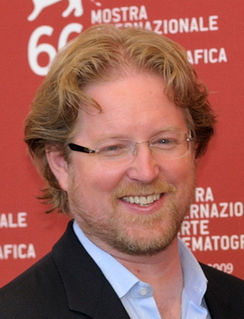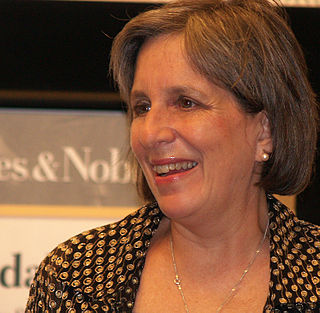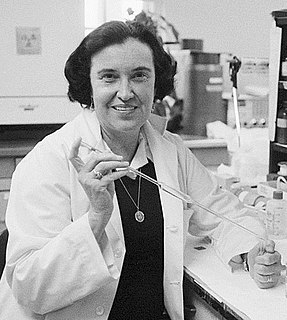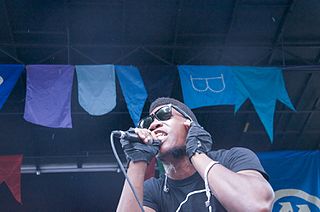A Quote by Andrew Stanton
And I'm not anti-sequel, but I just feel like there are very few ideas that are meant to be continued.
Related Quotes
Over the years, my marks on paper have landed me in all sorts of courts and controversies - I have been comprehensively labelled; anti-this and anti-that, anti-social, anti-football, anti-woman, anti-gay, anti-Semitic, anti-science, anti-republican, anti-American, anti-Australian - to recall just an armful of the antis.
The Road To Serfdom was written during WWII, and basically it's an anti-Nazi, anti-communist thing, but also it's an anti-Conservative and anti-Labor-party thing aimed at the British. He was an Austrian, writing in Britain. And I feel like now, I guess, everybody pays lip service to libertarian - and, indeed, many conservative - ideas, and yet they keep moving forward with an increasingly bureaucratic state. It shows itself in all sorts of little ways.
Reality is very, very contradictory, and so I try to write just perfecting what I see, what I read, what I feel, in a feel-thinking way. Not only giving ideas, or receiving ideas, or trying to explain something, but mainly feel-thinking, a feel-thinking language able to tie the heart and the mind, which have been divorced.
After the novel was published, I came to feel that I couldn't call myself Orthodox anymore. It's so patriarchal, anti-women, anti-gay. There was something about writing 'Disobedience'... it felt like I had put it all in the book. I had done my best by it, recorded what it meant for me. I felt I was done.
I recognize that memory is far from infallible though. If I feel like I can't accurately describe something, I just leave it out. I also do things like write "he talked about ..." instead of writing direct quotes. But generally I feel like since my stories are very obviously meant to be my perception of an event rather than the objective truth this gives me a lot of leeway.






































